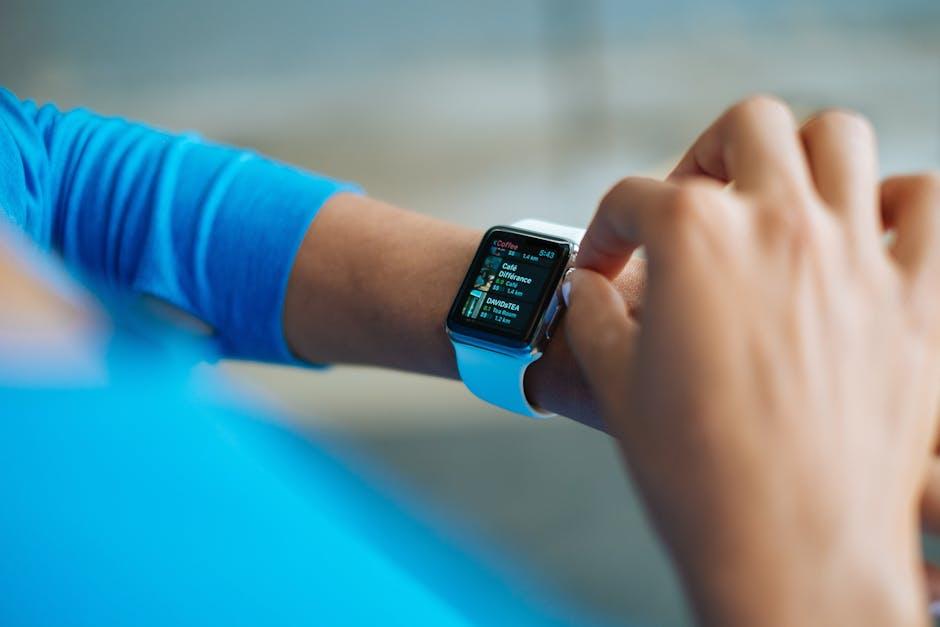In the digital age, where every interaction can be meticulously tracked and recorded, the boundaries of privacy are continually being tested. Imagine this: a seemingly perfect date, laughter shared over dinner, and a lingering gaze across the table. Yet, unbeknownst to one party, a silent observer is present—an app quietly recording their every move. This scenario raises a pressing ethical question: Is it justifiable to use tracking apps during dates without a partner’s knowledge? As technology advances and intertwines with our personal lives, we delve into the complexities of consent, trust, and the ever-evolving definition of privacy. Join us as we explore the delicate balance between security and surveillance in the realm of modern romance.
Understanding the Implications of Digital Surveillance in Relationships
The rise of digital surveillance tools has permeated various aspects of our lives, including romantic relationships. The ability to track a partner’s location during a date without their knowledge raises critical ethical questions. While some argue it provides a sense of security, others see it as a breach of trust and privacy. Trust and mutual respect are foundational in any relationship, and secretly using tracking apps can undermine these principles.
Consider the potential implications of such actions:
- Privacy Invasion: Tracking without consent can lead to feelings of being monitored and controlled.
- Trust Erosion: Discovering such surveillance could irreparably damage the relationship’s trust.
- Ethical Boundaries: It challenges the boundaries of what is considered acceptable in personal relationships.
Ultimately, the use of tracking apps should be approached with caution and open communication, ensuring that both partners feel comfortable and respected.

Navigating Privacy and Trust: A Modern Dilemma
In the age of technology, where smartphones have become our constant companions, the use of tracking apps presents a complex web of ethical considerations, especially in personal relationships. While these apps can offer a sense of security and connectivity, using them without a partner’s knowledge can significantly impact the foundations of trust. The main ethical concerns revolve around:
- Consent: Engaging in tracking without consent can be seen as a breach of personal autonomy.
- Trust: The discovery of such actions might lead to feelings of betrayal and mistrust.
- Privacy: Everyone has the right to their personal space and privacy, free from unwarranted surveillance.
Balancing safety with respect for individual boundaries is crucial. Open communication about safety concerns can often be a more ethical and effective approach, fostering a relationship built on mutual respect and transparency.

Legal Perspectives on Unconsented Tracking in Dating
The use of tracking apps during dates without a partner’s consent raises significant legal concerns. At its core, this practice may infringe upon privacy rights, which are protected by various laws in many jurisdictions. Privacy laws are designed to safeguard individuals from unauthorized surveillance, and using tracking technology without consent could be seen as a form of digital intrusion.
From a legal standpoint, engaging in such behavior could lead to potential consequences, including:
- Criminal charges: In some regions, tracking someone without their knowledge can result in criminal charges, akin to stalking or harassment.
- Civil liabilities: The tracked individual might pursue civil action for invasion of privacy, leading to financial penalties.
- Reputation damage: Legal battles can bring unwanted public attention, damaging personal and professional reputations.
Understanding these implications is crucial for anyone considering the use of tracking apps in a dating context. The intersection of technology and privacy law highlights the importance of mutual respect and transparency in personal relationships.

Building Trust: Ethical Alternatives to Digital Monitoring
In a world where digital monitoring is increasingly common, it’s essential to explore ethical alternatives that foster trust rather than erode it. Instead of resorting to tracking apps without consent, consider these approaches:
- Open Communication: Engage in honest conversations about expectations and boundaries. Transparency builds a foundation of trust.
- Mutual Agreements: Create shared guidelines for staying connected, such as regular check-ins or sharing locations voluntarily.
- Focus on Trust-Building Activities: Invest time in activities that strengthen your bond and understanding, like shared hobbies or meaningful discussions.
By prioritizing respect and consent, couples can cultivate a relationship environment where trust thrives without the need for covert surveillance.



